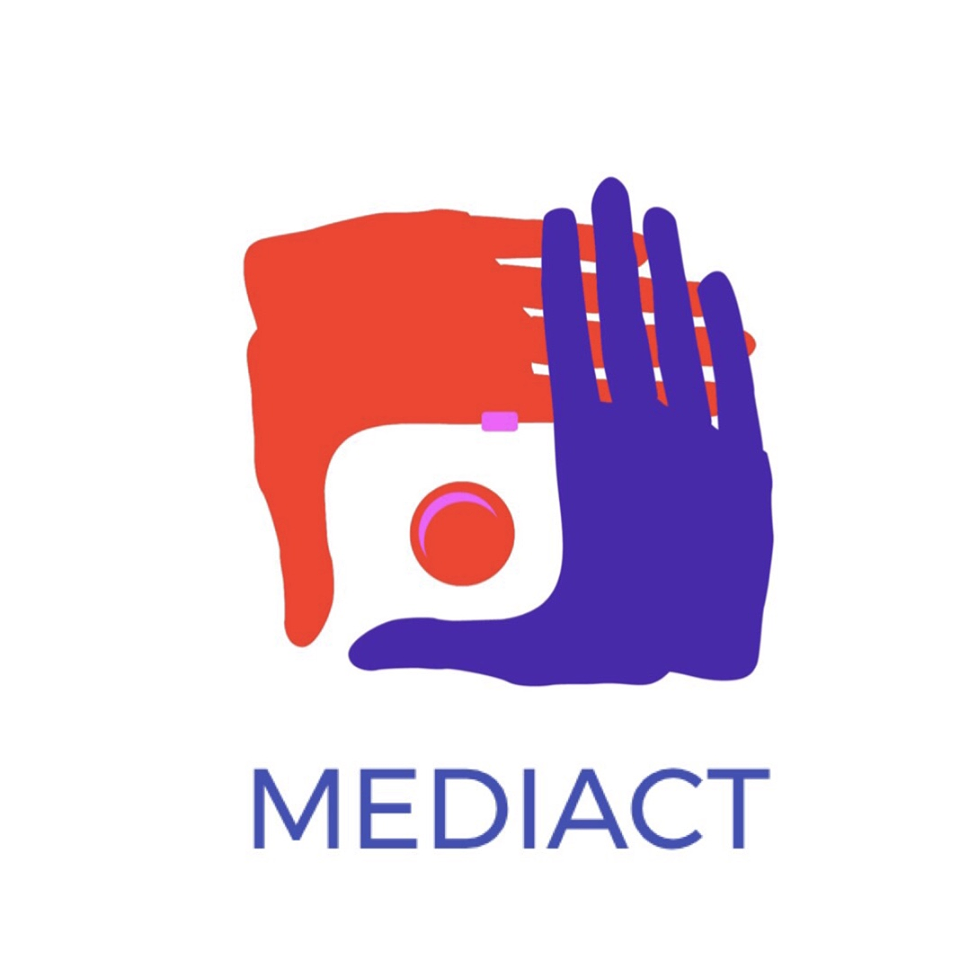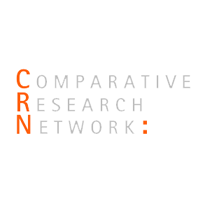
Comparative Research Network, a network in education and research founded in 2007 is active in the field of non-formal education. CRN is specialized in training of intercultural competences, intergenerational learning, mobilities and migration. CRN is also creating and performing evaluation and dissemination processes. CRN lately gained through various projects both as coordinator and participant, developing an expertise in gamification, storytelling and community reporting as educational tools, carrying out training for several target groups. The training department lately engaged 4 aspiring youth project managers creating and implementing youth projects, dedicated to increase the quality and impact of youth work in Europe. In addition to this, more than 10 staff members, and 120 network members, located all over Europe, support CRN in training, publication and research. CRN is non-profit oriented and performs crucial part of its work on a voluntary basis. Major target groups are mainly trainers working withmarginalized groups. During the last three years, more than 200 facilitators from all program countries have been participating at our intercultural training courses. CRN is also seeking to link social science with civil society actions in the frame of several national and transnational networks. CRN has been coordinating 7 Erasmus Plus Partnerships and is leading a H2020 project cofounded by DG Justice.
Through its research department CRN has participated as an impact partner and facilitator in a number of FP5-7 and Horizon 2020 projects. CRN has an outreach to more than 30 universities across Europe. As our latest achievement CRN has started to edit and publish scientific and educational papers and books. All publication receives ISBN label but remains also accessible as open source. Combining the experiences in project management, analytical research and assessment and the editorial know-how, CRN is fully suitable for coordination of the recent project.
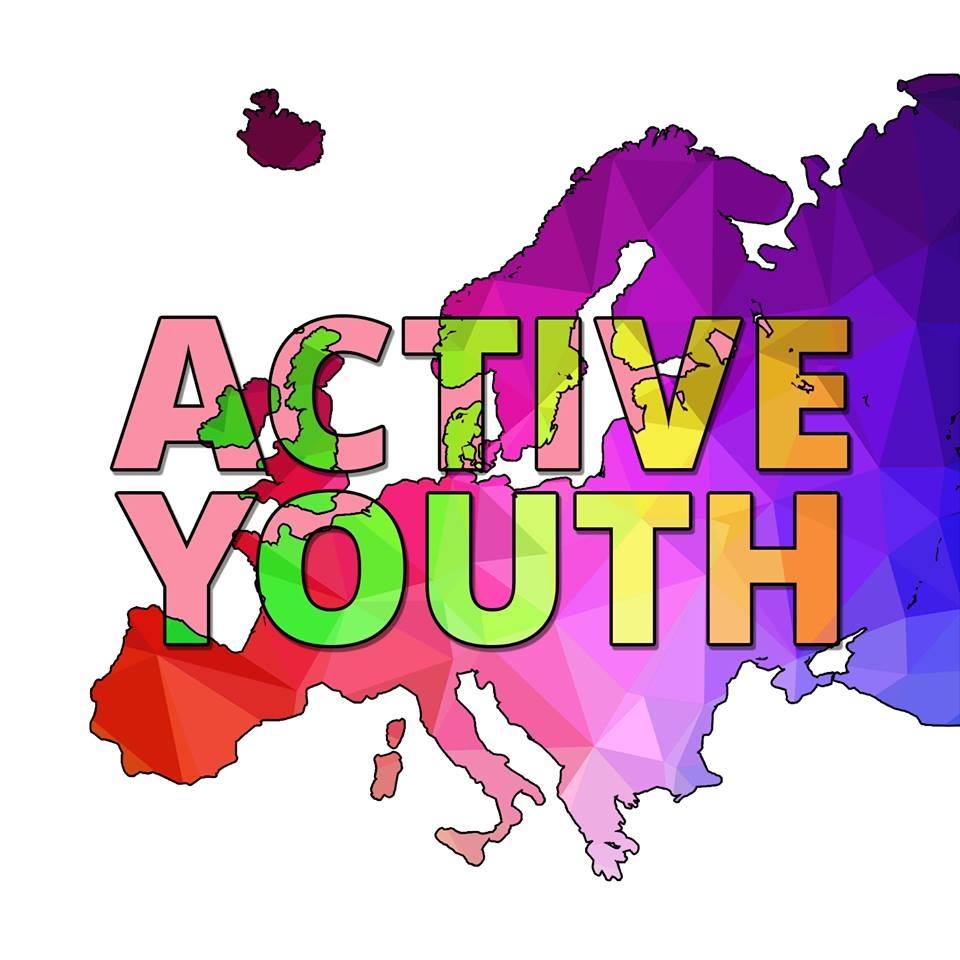
Active Youth Association (AY) is a for-purpose organisation working with youth and communities in need in Lithuania and across borders. AY has an extensive experience in non-formal school education and international mobility, migration, entrepreneurship, healthy lifestyle, and human rights. AY has been actively involved in local and international (youth) projects since the very start of its existence. Up until now, the organization has successfully implemented more than 20 individually managed project actions and several times performed as a partner. Our NGO has built up a large partnership network all over Europe uniting more than 400 organisations; such networking event is inevitable for our current project. AY follows 4 core principles: 1) dedication; 2) openness – we work with and for the public; 3) positivity – we see opportunities not problems; and 4) enthusiasm – we want to change our surroundings for the better. AY focuses extensively on having the right team for every project. Our staff consists of committed professionals with relevant experience and a record of success. We also rely on a deep pool of volunteers (over 1000 people) and potential partners to ensure: 1) the project’s smooth implementation; 2) the dissemination efforts reach the specified target groups. The projects AY takes on, as a rule, focus on demanding and sensitive issues (e.g. refugee integration in Lithuania). Our youth workers have been/are still working on peace-building in different regions: (1) Armenia-Azerbaijan Peace Platform (Tomas Jenkelevic); (2) Ukraine-Russia conflict (GediminasKondrackis) and (3) North Korea peace building (PauliusJurgutis). MrJenkelevic even wrote his Master Thesis on the influence of media coverage in the ongoing conflict of Ukraine (Russian vs Western channels). Hence, we look forward to challenges and opportunities for youth anticipated in the current project.
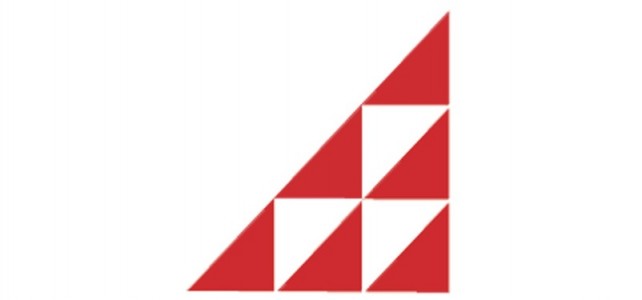
Greek organization - Action Synergy - is an expert in the development and implementation of e-learning courses as well as in the creation of synergies between organisations working in various fields. Action Synergy S.A. is an education, training and knowledge-based-applications organisation which is actively involved in the organization of student and youth mobility, in the development of educational programs for vulnerable target groups, in the development of education technologies, training methodologies and the development of e-learning training courses. Currently, Action Synergy is participating in many transnational European projects as partner or as coordinator. Action Synergy’s S.A. key areas of expertise include: organisation of mobility actions, development of links and synergies between various actors in local, regional, national, European and International level, development of learning methodologies, development of educational technologies, development of courses and modules making use of innovative methodologies such as: open/flexible learning methodologies, e-learning, learning needs analysis, development of professional courses. Action Synergy has participated as partner in six capacity building projects: TBRIDGE, SFEST, Start Upcycling, CULTY and AGRO and LangUp.
Action Synergy S.A. disposes a long experience in the management and coordination of European Projects. Since its foundation in 1987 the organisation has participated in a considerable number of EU educational projects, such as COMETT, PETRA, SOCRATES, LEONARDO DA VINCI, ARTICLE 6, ADAPT, TEMPUS, PHARE, Distance learning, Lifelong Learning, Erasmus+. In the last years it has participated in more than 40 projects and it is currently implementing 15 as a partner or as a coordinator.
.png)
University of Central Asia’s mission is to promote the social and economic development of Central Asia, particularly its mountain communities, by offering an internationally recognised standard of higher education, and enabling the peoples of the region to preserve their rich cultural heritage as assets for the future. UCA seeks to contribute leadership, ideas, and innovations to the transitioning economies and communities of the region through modern educational and vigorous research programmes that produce knowledgeable, skilled and creative graduates. The University of Central Asia’s School of Professional and Continuing Education (SPCE) is designed to serve the immediate needs of the communities where the campuses are located and fulfils UCA’s approach to reach the broadest spectrum of learners possible. The School is Central Asia’s first provider of post-secondary, continuing education, giving youth and adults professional and vocational qualifications in a flexible learning format that improve employment and income generating opportunities. With learning facilities in Khorog and Dushanbe, Tajikistan; Naryn and Bishkek, Kyrgyz Republic and Tekeli, Kazakhstan, as well as six satellite learning centres in Afghanistan (Darvaz, Faizabad, Ishkashim, Aga Khan Education Service (AKES) Ishkashim, Zebak, Shugnan), SPCE has engaged over 105,000 learners to date (March 2018). Amongst its many courses, the school offers internationally recognised Cambridge Assessment English certificate programmes, Accounting (Certified Accountant Practitioner and Certification for International Professional Accountants), ICT (Microsoft IT Academy), International Computer Driving License (ICDL) and Local Economic and Community Development. SPCE (UCA) supports activities oriented on community development, through various events, trainings, seminars, debate tournaments, and workshops.
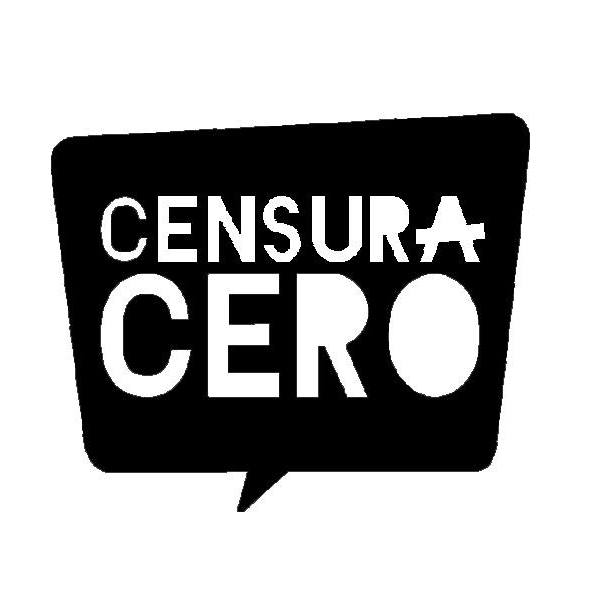
AsociaciónCensura Cero (CC) is a non-profit non-governmental and non-partisan organization that fosters youth participation and freedom of expression through the promotion of debate and dialogue in El Salvador. The organization believes that the only way to converge agreements and real solutions is through healthy and respectful debate of cleavages, like abortion, same-sex marriage, wealth distribution and citizen insecurity prevention approaches. CC is not just an NGO but a space where youth could establish a channel of communication with public servants.
To achieve this, CC has been developing several projects since 2012. Among projects are: “EntrevistasCensura Cero” with the purpose establish a dual relationship between public officials and youth, and foster the culture the debate and dialogue. CC established an alliance with Glasswing International to make impact on impoverished and marginalized public schools. CC enhanced students with abilities to debate and keep dialogue. CC partners with the Embassy of Spain in El Salvador trough its Cultural Center on projects/debates directed on climate change, human development, fighting poverty. 3D project - Debate, Dialogue and Democracy, implemented in 2014 with UNDEF and Social Democratic Youth, Global Shapers San Salvador Hub, Xpressate.net and Censura Cero help deliver debate and dialogue session and trainings to forster transparency and social media strategies in major cities in the country.
CC is also participating in the Directive Board of the United Nations Human Development Index Report. CC develops academic approaches to fight poverty and encourage development on one of the most unequal countries of America. It is a joint effort where the Government, Civil Society, and International Cooperation meet to elaborate solutions to the problems of El Salvador. The HDI report of 2017 – 2018 is is vital since targets youth and finding real solutions to the different problems that Salvadoran youth faces.
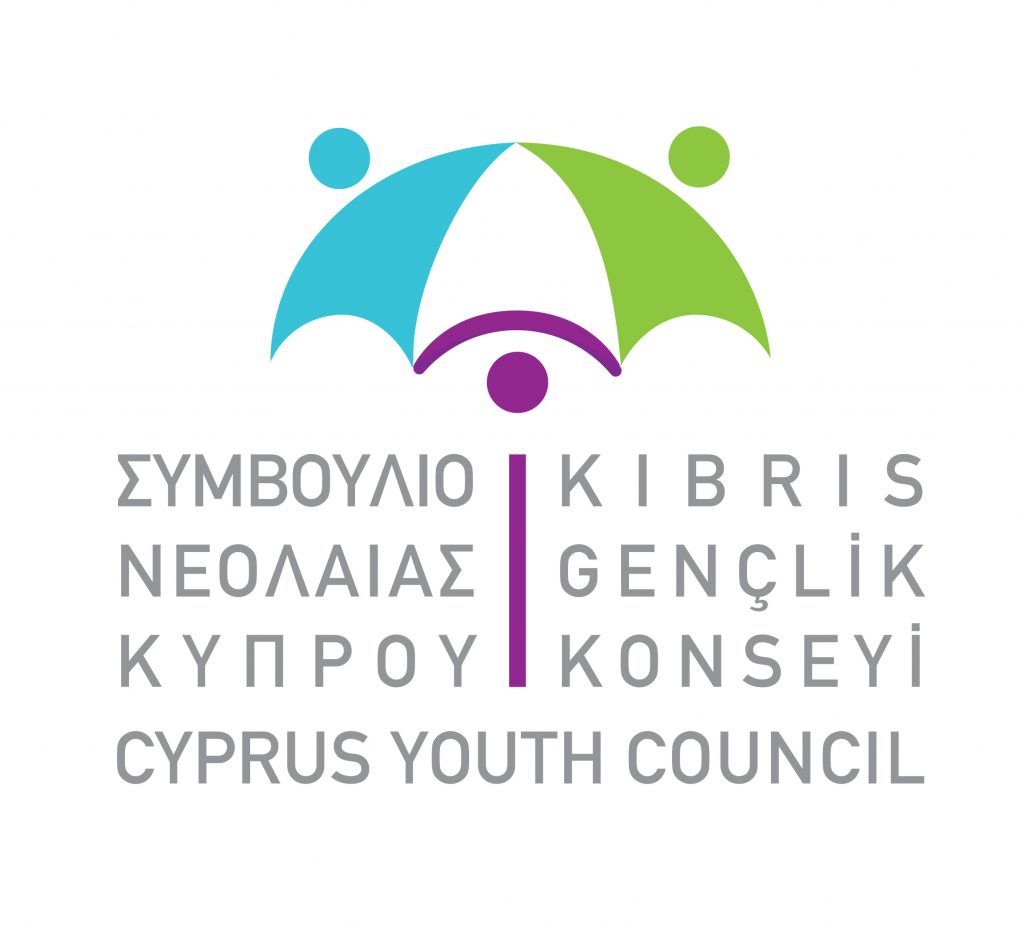
The Cyprus Youth Council (CYC) founded in 1996 is a non – governmental, non – profit organization. It aims at promoting dialogue and cooperation between youth in Cyprus and connecting them with youth in globally. CYC is in continuous cooperation with the European Youth Forum. Areas of interest are always in relation to youth, include human rights and equality, employment and social issues, active citizenship, non-formal education and youth policies.
The CYC acts as a platform of exchange and communication between all Cyprus youth NGOs. Therefore the CYC organises events, seminars, workshops and activities that provide the necessary space for its members to exchange good practices, interests and experience on any youth related topic. The CYC also acts as a platform for its members for participating in European projects. The CYC is also the main stakeholder in the Structured Dialogue that seeks to promote the political participation of all Cyprus youth. The process also allows youth to voice their opinions and concerns on a chosen topic every 6 months. Moreover, the CYC voices the concerns of youth NGOs including lobbying to policy makers for various youth related issues (youth unemployment, validation of non-formal education etc).
CYC works to to promote the participation of youth in decision-making bodies on issues that involve them, and promote policies for youth according to the resolutions, decisions and suggestions of the U.N., the E.U. and the Council of Europe.
As one of the key actors in promoting and advocating for a quality framework for NFE recognition, we have created and maintained a Pool of Trainers. The Pool mainly consists of trainers coming from the CYC member organisations. The trainers are experts in the field of Non - Formal Education, method which is widely used in youth Non-Governmental Organisations (NGOs).
.png)
In order to echo the voice of women in the process of seeking peace, various women's association in Casamance gathered and unified to create PLATEFORME DES FEMMES POUR LA PAIX EN CASAMANCE (PFPC) in 2010. The Platform quickly became an indispensable unbrella organization in peace building in Casamance and in the peace process; it consists of other 14 umbrela organisation which bring together around 210 member organisations and implements programs across the three regions of Casamance: Ziguinchor, Kolda, and Sédhiou. Its goals now include:
- Mobilizing women around the platform for building peace in Casamance.
- Engage women as a party to negotiations in accordance with resolution 1325 of the UN.
- Bringing the state and the MFDC to take women into account the proposals.
- Develop advocacy strategies for the promotion of peace and reconciliation of the people.
- Work against all forms of violence, discrimination and injustice against women and children.
- Develop programs to support vulnerable people
- To contribute to the revival of economic activities of natural Casamance.
The Plateform will bring its experience in promoting the involvement of young people, especially young women in conflict transformation by using media.
Thanks to its expertise andknowledge of the local context, it will be fundamental to reach target and tosupport them during the entire project and beyond its duration to favor their involvement.
